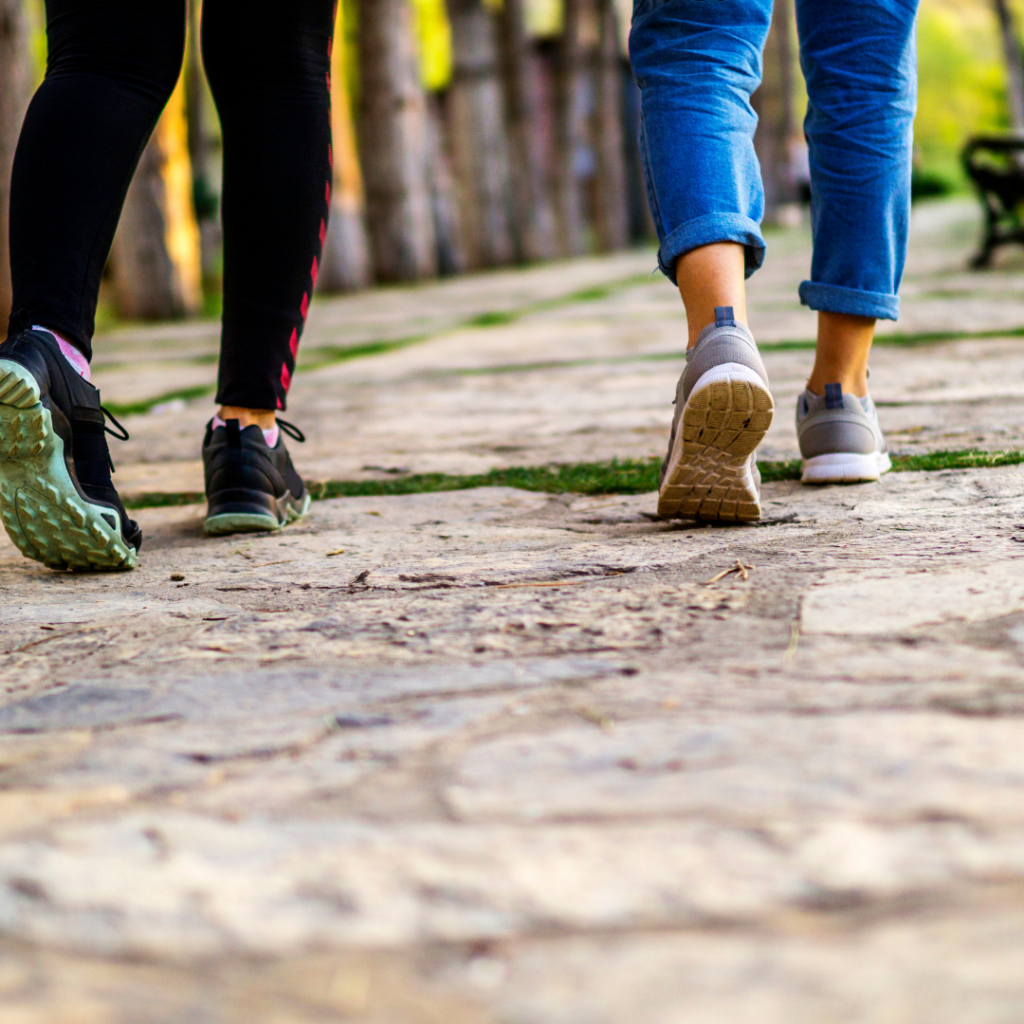Did you know that there is a benefit to movement after a meal?
When you eat a meal, your stomach digests it. Your food is digested into tiny molecules that your body uses to nourish and fuel you. The stuff (glucose) that is meant to fuel you is either used for keeping your brain, digestion, breathing etc going, any additional activity you are doing or will do, or it is stored for later use. That storage can take place in a variety of ways. Once your food is digested in your stomach and small intestine, your blood sugar (glucose) levels begin to rise and your body has to figure out what to do with it.

Why does this matter?
As we have all heard, when you eat more calories than you need, your body will store it as body fat. BUT our muscles have a pretty unique ability. To keep it simple, your muscles LOVE to grab onto any glucose in your blood stream when you’re moving. This is a great thing because the more energy that is being used by the muscles means less energy being stored somewhere in your body (assuming you are not in a calorie deficit).

It can help with other stuff too!
It can help you avoid that post-meal slump, speed up digestion, and it can also help you feel less ‘full.’ The cool thing is, any movement will do. Walking, chair exercises, gentle yoga, a casual bike ride, weightlifting, etc. Whatever you can tolerate without making yourself feel sick.
Just a side-note:
Weight gain and obesity can be incredibly nuanced and I am in no way saying that it is a simple thing to solve for. What I am saying is that the more you are able to move throughout the day (in whatever way you can), the more benefits you are giving yourself. Movement has some incredible benefits.
Get moving! (In whatever way you can)
Thanks for reading,
Crystal McLean, Head Coach
*Please note, this isn’t medical advice and is for education purposes only.*
Richter EA. Is GLUT4 translocation the answer to exercise-stimulated muscle glucose uptake?. Am J Physiol Endocrinol Metab. 2021;320(2):E240-E243. doi:10.1152/ajpendo.00503.2020

